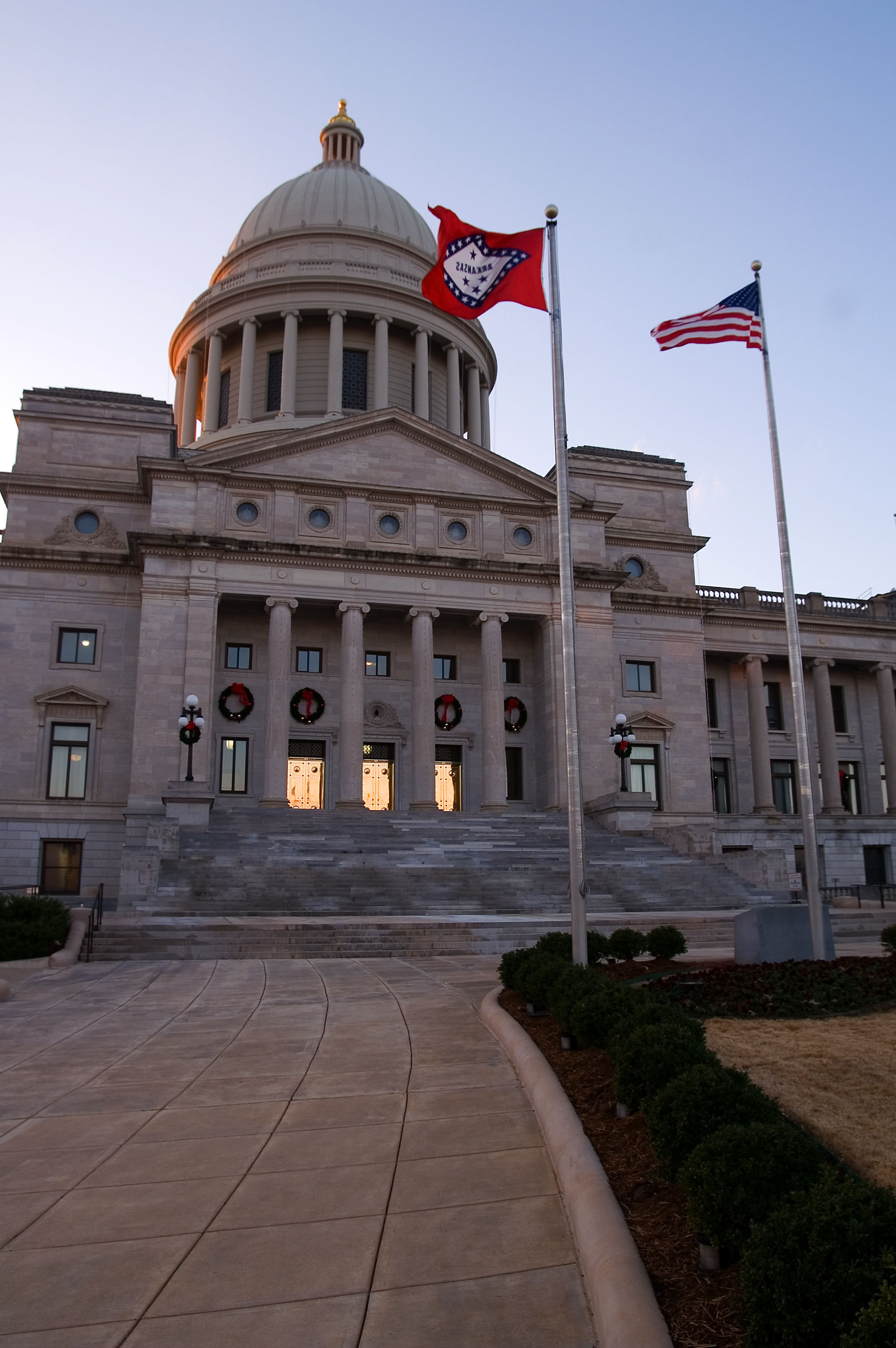
Arkansas Voters First, sponsors of an initiative to create an independent redistricting commission, filed a lawsuit against Secretary of State John Thurston (R) on April 22.
To qualify for the November ballot, sponsors need to submit 89,151 valid signatures by July 3, 2020. Signatures for Arkansas initiatives must be collected in person. Currently, none of the 26 states with a process for citizen initiatives allow electronic signature gathering.
The group seeks relief from certain signature petition requirements, such as in-person signature, witness, and notary requirements. The group asked to be allowed to gather electronic signatures and asked for the deadline to be extended by one month to August 3, 2020. Thurston said he does not have the power to suspend the signature requirements.
The lawsuit said, “Close, in-person interactions are necessary to any effort to gather wet signatures for an amendment to be placed on the ballot. However, given the severe restrictions on the ability to physically interact with others, Plaintiffs cannot comply with Arkansas’s formal constitutional and statutory signature requirements. Given the current circumstances, Arkansas’s requirements unduly burden Plaintiffs’ fundamental First and Fourteenth Amendment rights under the U.S. Constitution.”
The initiative would create the Citizens’ Redistricting Commission for state legislative and congressional redistricting. The commission would have nine commissioners. It would replace the Board of Apportionment that is currently responsible for state legislative redistricting in Arkansas. The state legislature is currently responsible for congressional redistricting. The measure would establish qualifying criteria for members and would restrict individuals from serving if they were, within the last 5 years, an elected official, lobbyist, political party officer, political action committee employee, or if they were the spouse of any such individuals. The measure would establish criteria for drawing district maps.
On March 19, 2020, Arkansas Voters First suspended signature-gathering efforts due to the coronavirus pandemic but stated they planned to complete signature gathering before the deadline for the 2020 ballot when restrictions were lifted. When the group filed its lawsuit on April 22, Arkansas Voters First Director Bonnie Miller said, “We have a right to petition our government to amend our constitution. We don’t have the luxury of waiting until next year. If we are denied access to the ballot this year, Arkansas could be stuck with unfair and unrepresentative districts for another ten years.”
Most states are required to draw new U.S. congressional district lines every 10 years following completion of the United States Census (those states comprising one congressional district are not required to redistrict). In 35 of these states, state legislatures are primarily responsible for redistricting. In seven states, independent commissions draw congressional district lines. In one state, a politician commission draws the lines.
In 36 of the 50 states, state legislatures are primarily responsible for state legislative redistricting. Independent commissions draw state legislative district lines in 10 states. In four states, politician commissions are responsible for state legislative redistricting.
In 2018, voters in five states approved changes to their redistricting systems for state legislative districts, congressional districts, or both. Ohio, Colorado, Michigan, Missouri, and Utah featured measures, with Ohio’s on the ballot in May and the rest on the ballot in November. In Michigan, Missouri, and Utah, the redistricting measures were put on the ballot as citizen initiatives. In Ohio and Colorado, the measures were referred to the ballot by state legislatures, compromising with the proponents of citizen initiative efforts.
Ballotpedia is tracking changes to ballot measure campaigns, procedures, and policies and ballot measure-related lawsuits in response to the coronavirus (COVID-19) pandemic.
Additional Reading:
Arkansas Redistricting Commission Amendment (2020)
Changes to ballot measure campaigns, procedures, and policies in response to the coronavirus (COVID-19) pandemic, 2020

